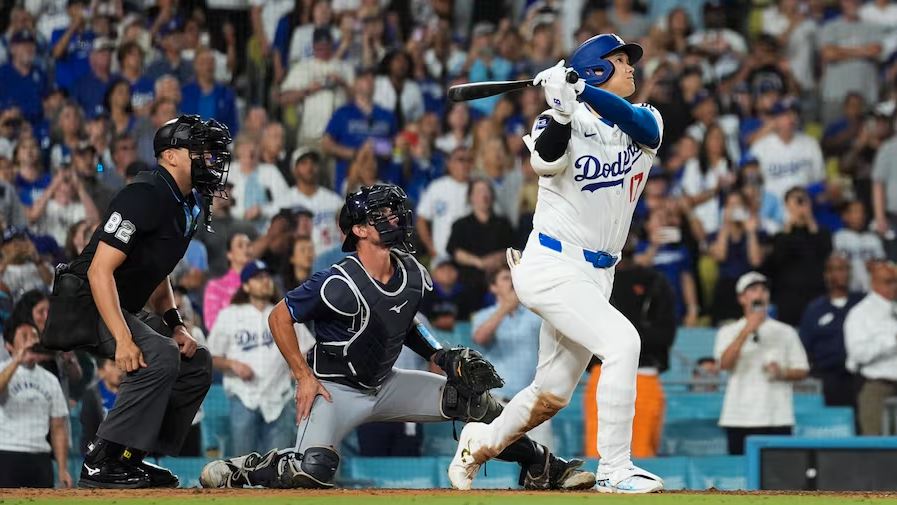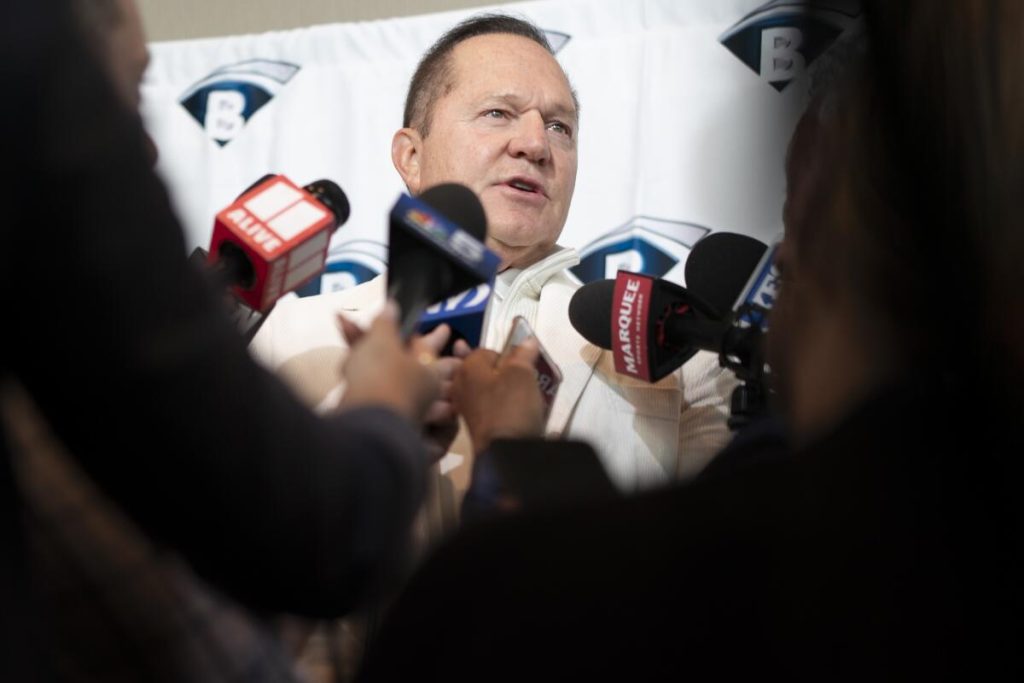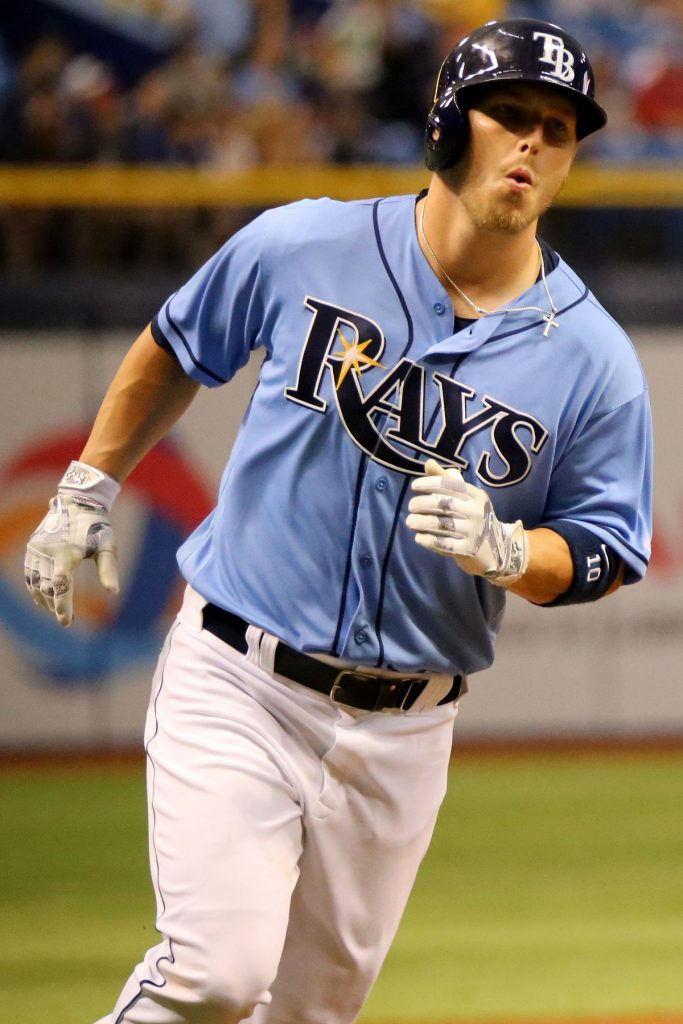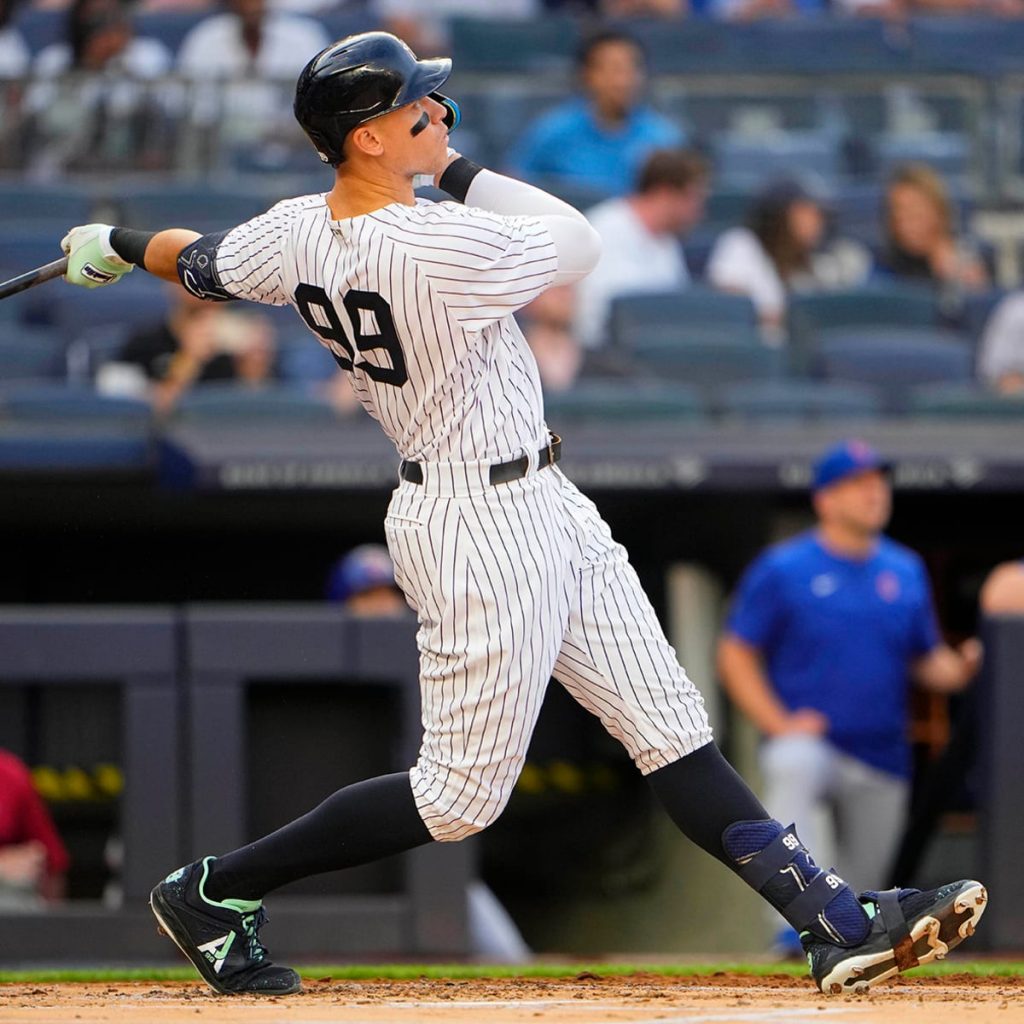The World Series is over. The Yankees bungled away game 5, but let’s be honest, they would have struggled to win a game 6 with Yamamoto dealing and Rodon choking. The Dodgers were just the more powerful, complete team in a year when the NL was just far more stacked than the AL. If it had been the Mets, Phillies, or Padres in the WS instead of the Dodgers, I don’t think we’re looking at much of a different result.
So, now we’re to the off-season. I try to write content throughout the off-season as we hit major deadlines that impact our roster. So, based on the off-season calendar of events, here’s when we’ll try to write to.
- 10/31/24: Day after WS ends. All MLB FAs officially cut loose into a 5-day exclusive negotiating period that nobody bothers with anymore. The Nats’ 3 remaining FAs that we didn’t already release or trade are Corbin, Williams, and Barnes. We’ve already moved them to the “2025 Releases” tab on the Nats Big Board.
- 11/4/24: MLB options must be cleared we have one club option that should have already been declined on the .165-hitting Gallo, but that’ll happen soon.
- 11/4/24: All 60-day DL players must be returned to 40-man. We have 4 players on the 60-day DL (Thompson, Cavalli, Gray, Adon) but only 3 open spots on the 40-man. My guess is that the Nats decline Gallo’s option, then put all four on the roster for a 40/40 slate.
- 11/4/24: All MLFAs are officially declared. This is always slightly tough to track from the Big Board perspective. We have 11 2024-MLFAs still on minor league rosters as of the end of the season who one might think might automatically become FAs anew, but we really have no idea what kind of deal’s they’ve signed. There’s still a slew of 2023 MLFAs and a handful of older MLFAs still hanging around.
- 11/4/24: Furthermore, at this stage all 6-year players in the system are declared FAs as well, so this would mean anyone we have who was signed/drafted in 2018 ore before. I count nearly 20 active players we got in the 2018 Draft and another dozen or so 2017 IFA signings still active; are they all now cut loose? The 2020 covid year may factor in here and delay things, but i’m not sure how.
- When all three of these 11/4/24 deadlines hit, i’ll do a ton of cutting-and-pasting in the Big Board
- I’m not really into Awards posts anymore, but all throughout Nov and Dec there’s awards announced, finalists, etc.
- 11/18/24: Hall of Fame Ballot released: i’ll definitely do a post here like I always do, with my fake ballot listing who i’d vote for.
- 11/19/24: Qualifying Offer responses due in: I’ll wait until all the QOs are resolved to do a post-QO post, which may not happen until well into the spring. QOs drive draft picks, and once the draft order is finalized we’ll post about that too.
- 11/19/24: Rule5 protection Deadline; we’ll definitely write about this ahead of 11/19: we have a TON of decisions to make, and we have a relatively full 40-man roster right now.
- 11/22/24: Non-tender deadline; another interesting one for us, b/c it ties into the Rule5 somewhat (if we’re going to non-tender someone to make room for a new prospect, might as well do it before 11/19/24), but we also have a slew of arb-eligible players who may not actually be worth it.
- 12/10/24: Draft Lottery. By final record, we should be picking 4th. We’re guaranteed not to drop below 7th (I believe).
- 12/11/24: the actual Rule5 draft; if we gain or lose players will post here.
By this point, we’ll start seeing all the prospect ranking shops start to publish pre-2025 lists, which I love responding to. I’ve already got my draft prospect list going … i’ve got it built out to more than 80 players (which is crazy, b/c we only have like 140 minor leaguers right now) but I can’t wait to publish that list like I did last year.
So, once we get all the MLFA’s declared (here was the 2023 BA list of MLFA declarations officially) i’ll publish a note.



